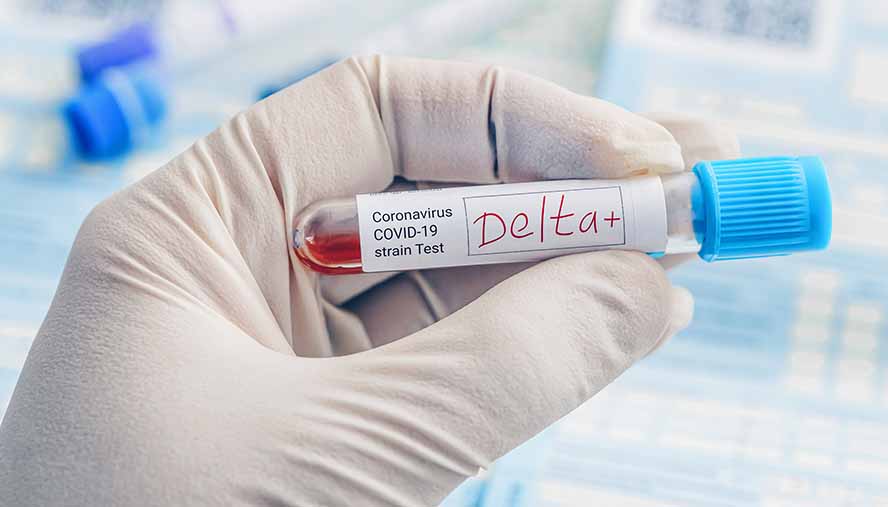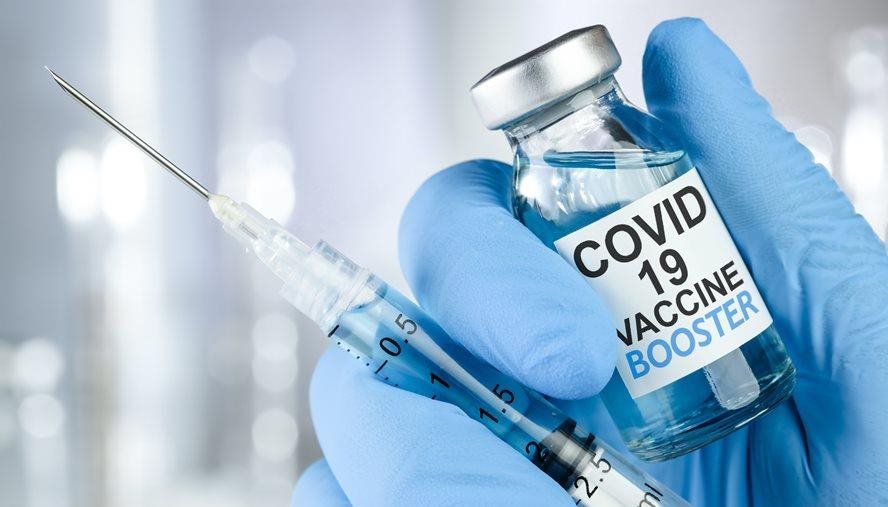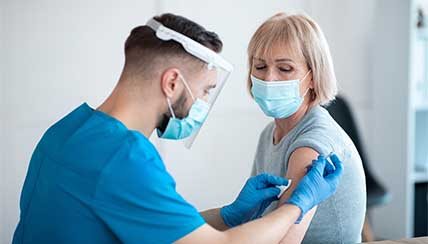![]() FOR HISTORICAL PURPOSES ONLY
FOR HISTORICAL PURPOSES ONLY
Information on this page is displayed for historical purposes only and is no longer being updated. As such, it may be out of date with recent developments or scientific research. CDC.gov and your state’s health department may offer additional guidance.
The COVID-19 Delta Variant is Twice as Contagious
This information has been reviewed and approved by Jared J. Eddy, MD and Infection Preventionist Rosine Angbanzan, MPH (August 2021).
As of August 31, 2021, more than 72% of the U.S. population, ages 12 years and older, has received at least one COVID-19 vaccine and 61% are fully vaccinated. This map shows how many individuals are vaccinated in each state.
The concern has shifted to variants of the COVID-19 virus, especially the Delta variant, and how effective the vaccines are against mutant or variant strains.


The main SARS-CoV-2 variants of concern right now are:
Alpha
The UK variant, B.1.1.7, has increased transmission, severity, hospitalization and fatality rates.
Beta
The South African variant, called Beta, B.1.351, has 50% increased transmission rate. It also reduces the effectiveness of some monoclonal antibody medicines and the antibodies from infection or the vaccine.
Gamma
The P1 variant from Brazil, called Gamma, reduces the effectiveness of some monoclonal antibody medicines and the antibodies from infection or the vaccine.
Delta
The Delta variant, B.1.617.2, was blamed for India’s explosive outbreak. It is now the most common variant in the U.S., and is more easily transmissible than other strains. The current vaccines still provide strong protection from severe illness, hospitalization, and death with delta related infections. The ability of the vaccine to prevent symptomatic infections may be reduced compared to other strains.
What do you need to know about the Delta variant?
- More contagious than earlier variants
- Transmitted via respiratory droplets or aerosols
- Can cause more severe illness than previous strains in those not vaccinated
- 97% of patients hospitalized with Delta COVID-19 are unvaccinated
- Increased hospitalization possible
- Vaccinated people can be asymptomatic or have mild symptoms, and can spread the Delta variant
- Vaccinated people are infectious with Delta for a shorter time than those not vaccinated
- Currently authorized vaccines are highly effective against Delta and other current variants
- Wearing a mask in public is crucial to limiting the spread
- Delta symptoms are the same as other strains – but it grows faster in the respiratory tract
Protection against the Delta and other variants
Get vaccinated – studies have shown that all available vaccines provide a very high degree of protection against mild or moderate disease, and dramatically reduce the risk of severe disease and death.
Continue using preventive measures to protect yourself and other, and to help stop the spread:
- Wear a mask indoors in public places
- Keep washing hands thoroughly
- Don’t touch your face with unwashed hands
| The information on our website is medically reviewed and accurate at the time of publication. Due to the changing nature of the COVID-19 pandemic, information may have since changed. CDC.gov and your state’s health department may offer additional guidance. |


